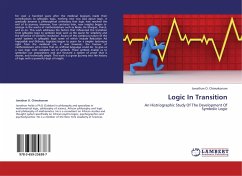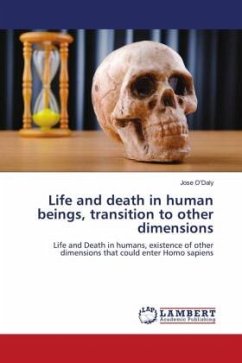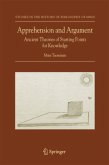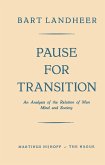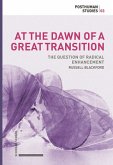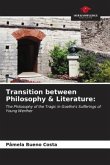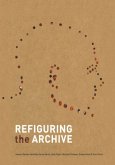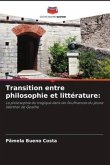For over a hundred years after the medieval logicians made their contributions to syllogistic logic, nothing new was said about logic. It gradually became a philosophical orthodoxy that logic had reached the end of its journey. However, four centuries later, new insights began to emerge in the works of mathematicians such as Boole, De Morgan, Peirce, and so on. This work addresses the factors that influenced the transition from syllogistic logic to symbolic logic such as the quest for simplicity and the influence of scientific revolution. Aware of the cumbrous nature of the proof systems in syllogistic logic some of which include Reduction Ad Impossible and Ekthesis, logicians began to yearn for a simpler technique right from the medieval era, it was however, the honour of mathematicians who knew that an artificial language could do, to give us a new logic with complete set of symbols. These symbols enable us to symbolize our propositions and put forward a system of proof that isclearer, and technically simple. This work is a great journey into the history of logic with a powerful dept of insight.
Bitte wählen Sie Ihr Anliegen aus.
Rechnungen
Retourenschein anfordern
Bestellstatus
Storno

